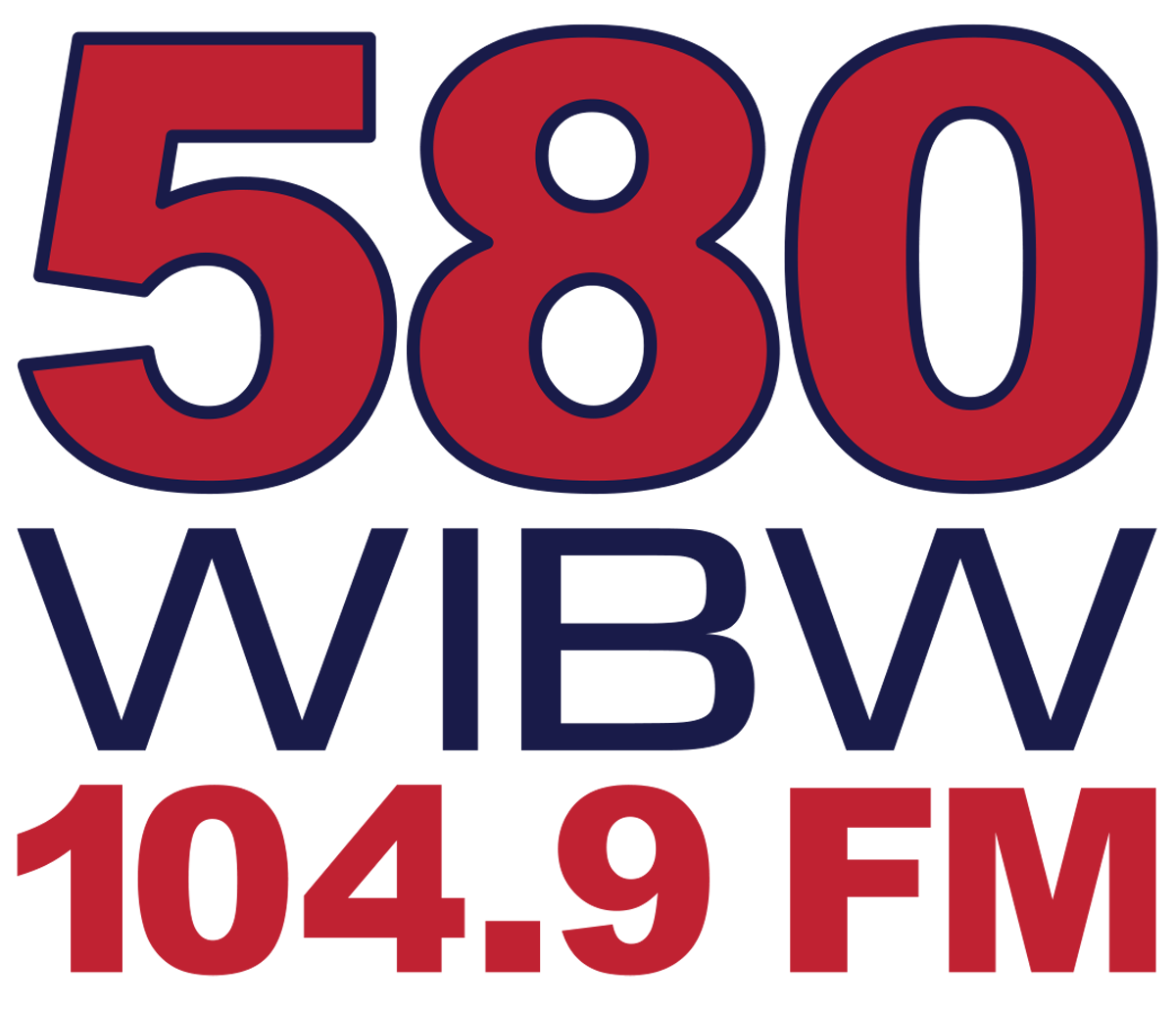Schmidt joins colleagues in fight against robocalls

Kansas Attorney General Derek Schmidt has joined his colleagues from all 49 other states, the District of Columbia and three U.S. territories in asking the U.S. Senate to enact the Telephone Robocall Abuse Criminal Enforcement and Deterrence (TRACED) Act.
“The bad guys are ahead of the good guys in terms of technology,” said Schmidt. “It’s become so cheap and easy with a laptop and a simple software program to generate tens of thousands, hundreds of thousands, sometimes even millions of these robocalls.”
The nearly 48 billion robocalls made in 2018 made them the number one source of consumer complaints to the FTC and the FCC and resulted in hundreds of millions of dollars in consumer losses.
“The high-volume callers are offshore, which is why it’s so hard, if not impossible, for us to reach them,” said Schmidt. “They’re making people’s phones ring at just an incessant rate here in Kansas and elsewhere in the United States. The technology enabled it and the technology is going to have to help us fight it.”
Making it so people can count on the reliability of their caller ID is a key going forward.
“The next step that we really need is effective, what they call call authentication,” said Schmidt. “A technology that just automatically and simply guarantees that the number that shows up on your caller ID is in fact the real number that the call is coming from, because then we can trace it back and working with our federal partners or others we can find the bad guys. We can try to get it stopped.”
The Kansas Attorney General’s Consumer Protection Division works to enforce do-not-call laws and protect Kansas consumers from being harassed and scammed by robocalls.


